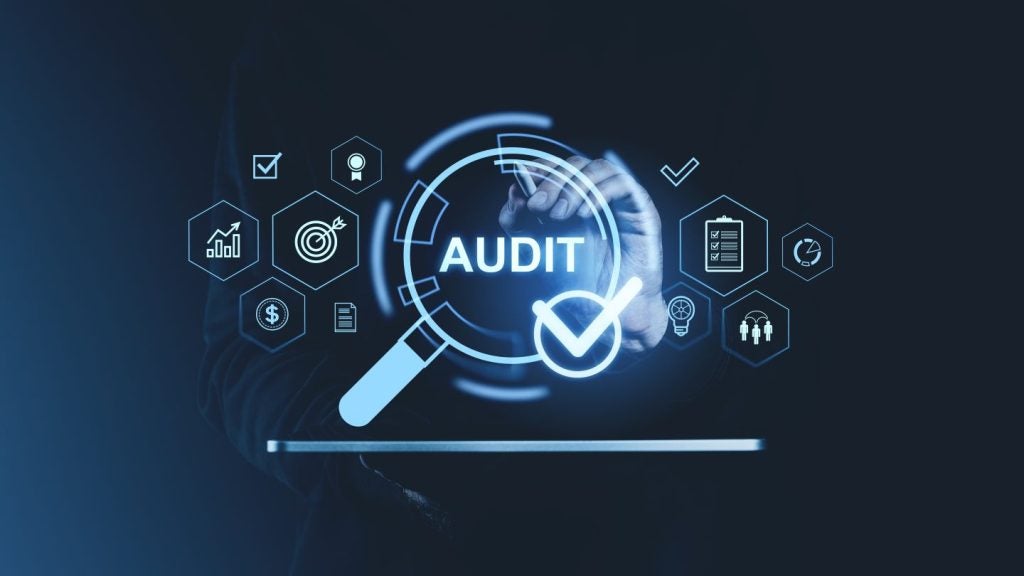
Tax investigations by His Majesty’s Revenue and Customs (HMRC) into the UK’s largest businesses are currently averaging 45 months, according to a research conducted by Pinsent Masons.
HMRC considers the largest businesses to be those with an annual turnover exceeding £200m ($266.09m).

Access deeper industry intelligence
Experience unmatched clarity with a single platform that combines unique data, AI, and human expertise.
These probes are said to place strain on the companies involved.
Pinsent Masons further disclosed that approximately 1,000 of the 2,000 businesses within the purview of HMRC’s Large Business Service are under formal investigation at any given time.
The protracted nature of these inquiries has resulted in around 2,000 separate cases examining the tax affairs of large businesses remaining unresolved, with many ongoing for more than four years.
Bryn Reynolds, a partner at Pinsent Masons, highlighted the challenges posed by such prolonged investigations.

US Tariffs are shifting - will you react or anticipate?
Don’t let policy changes catch you off guard. Stay proactive with real-time data and expert analysis.
By GlobalDataHe noted that they can be burdensome for even the largest corporations, creating financial uncertainty and demanding attention from senior management.
He further added: “HMRC need to be more rigorous in closing long running cases down. Having cases running for three, four or five years should be the exception rather than the average.
“The government has pledged additional funding to HMRC to recruit more tax officers, aiming to improve tax collection and reduce unpaid liabilities. However, there are concerns over whether increasing resources will actually lead to faster resolutions, given HMRC’s internal delays and cautiousness about closing cases.”
HMRC has recently issued a warning about a tax avoidance scheme.
This scheme involves the use of advertising and marketing expenses to reduce taxable profits and the conversion of employment income into redeemable loyalty points, a mechanism HMRC contends fails to provide the anticipated tax reliefs.






